Besides special events, pears are only as worthy of your daily diet as apples, a fellow pome fruit. Comparisons frequently fly and while one grocery mainstay (cough, apples) tends to overshadow the other, the high-fiber, heart-healthy Benefits Of Pears can stand on its own both in taste and nutritional value.
What are the largest pear benefits?
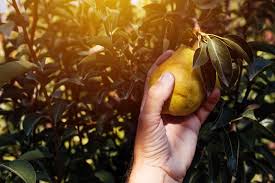
Does it matter which kind you choose? And regardless of what kind of pear you opt for, they all have the following health benefits:
Pears are a excellent source of fiber.
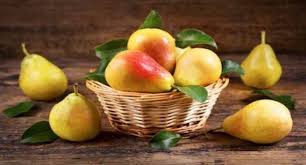
1 medium pear (approximately the size of the fist), contains about six grams of fiber, or nearly a quarter of the recommended daily amount of 25 to 38 grams.
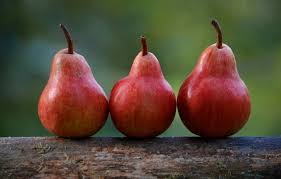
Time to talk gut health. The dietary fiber found in pears helps the digestive tract run smoothly and keeps you regular. “What I love about fruit–particularly pears, since they’re very high in fiber–is it almost acts as a broom going through your own system,” states Amy Shapiro, RD, founder of Real Nutrition. The fruit is easily digested, and helps eliminate toxins and cholesterol in the body.
They’re a low-glycemic fruit.
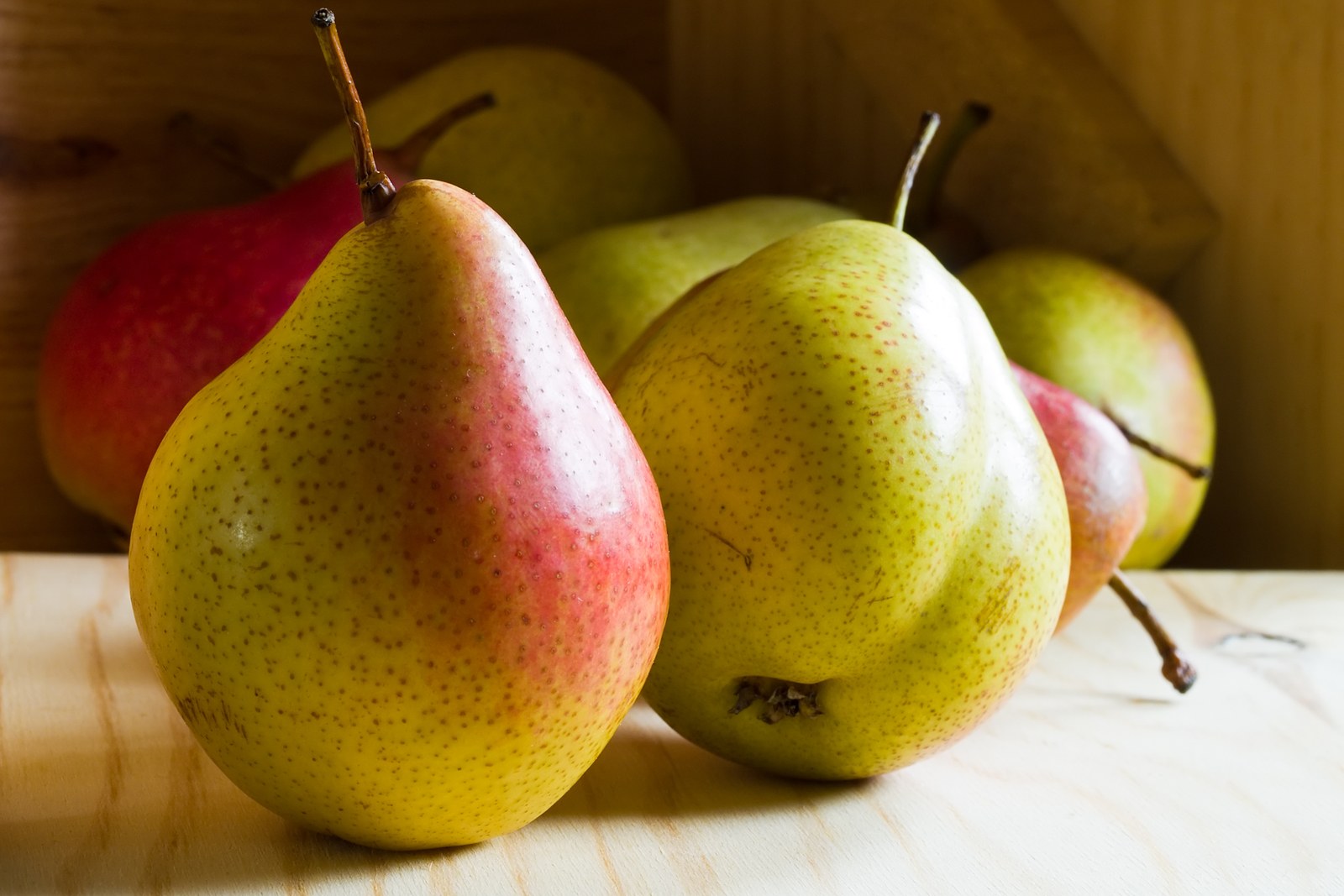
As a result of its soluble fiber, pears will not drastically spike your blood glucose. Since a pear are easily digested, set it with a fat or protein to remain fulfilled even longer.
They are a good source of antioxidants, like vitamin C.
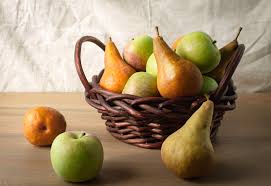
“Not just found in your glass of orange juice, pears are great sources of vitamin C,” Bach says. A pear has around 8 mg of vitamin C (about 11 percent of the RDA), an antioxidant that lends a hand to mobile repair and cell regeneration. The vitamin also gives a powerful boost to our immune system and our teeth, skin, and bones.
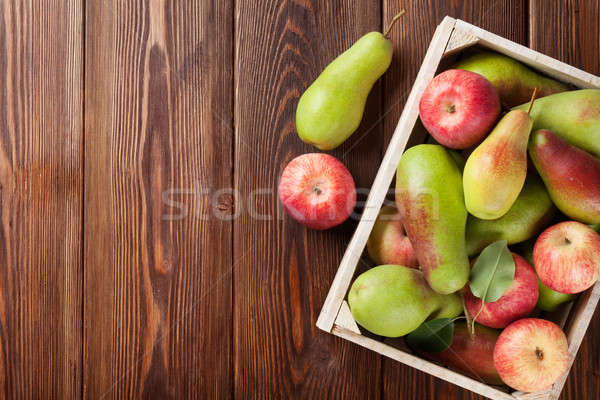
Pears also contain important antioxidants and polyphenols that are focused in the skin. “And it makes sense, because that’s where the colors are, right?” Shapiro says. “We always say,’eat the rainbow,’ along with the antioxidants in foods reflect what is in their color.” To get the additional nutrient increase and each the fiber, then never peel your pears.
Pears include potassium
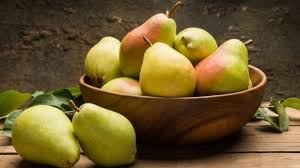
If you have a tendency to eat a lot of sodium-heavy processed foods, then you might want to bite into a pear. “Incorporating potassium-rich foods such as pears help to flush out excess sodium from the body,” Bach says. A medium pear has about 206 milligrams of this nutrient. Adding more potassium to reduce sodium can also help lower your risk for elevated blood pressure.
And are chock full of other vitamins and minerals.
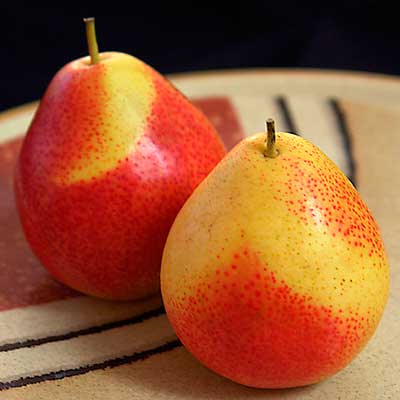
As well as vitamin C, Shapiro says pears contain electrolytes, magnesium and magnesium, an antioxidant nutrient which aids the central nervous system and promotes brain power.
And are chock full of other vitamins and minerals.
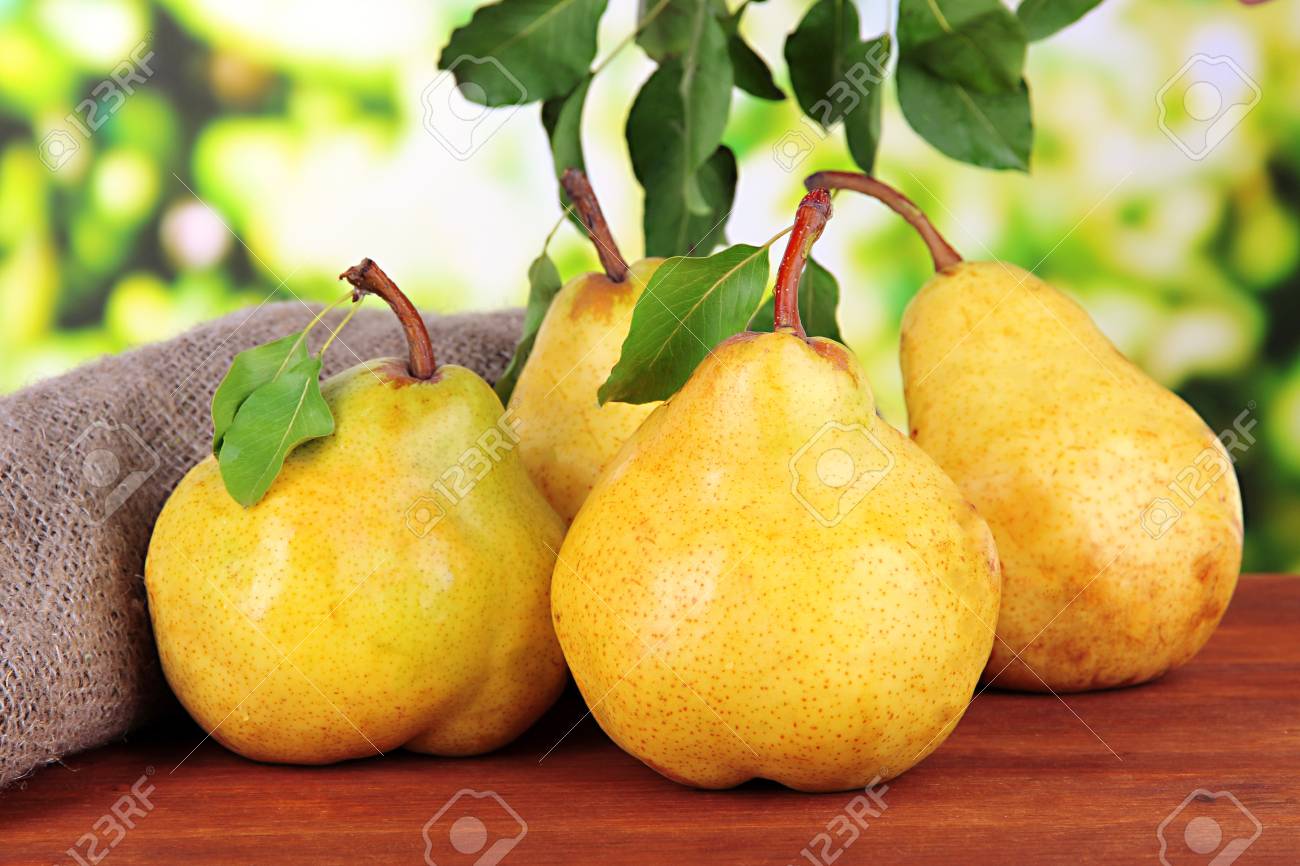
“The high fiber content is going to keep you energetic throughout your workout,” Shapiro says. “And the sugar element found in fruits are going to be a great refuel so you can refill your glycogen stores ” These easily comprehensible and intricate carbs turn to the energy that our bodies need to kill it in spin class, and recover from the work out faster.
Would you eat a lot of pears?
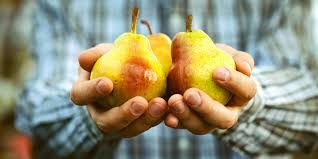
Like anything, yep! Eating too much of a food high in fiber and also readily digestible carbs can cause distress on the GI tract, Shapiro says. “If you think you’re creating a better choice to sit down and eat six pears rather than a bag of potato chips, you’re in one sense,” she states. “However, you might not feel your very best.” (Read: gas and bloating.)
Comments
0 comments
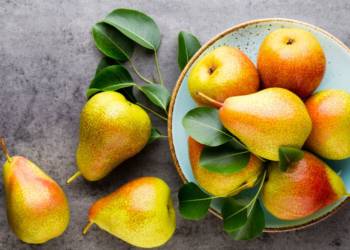
Leave a Reply